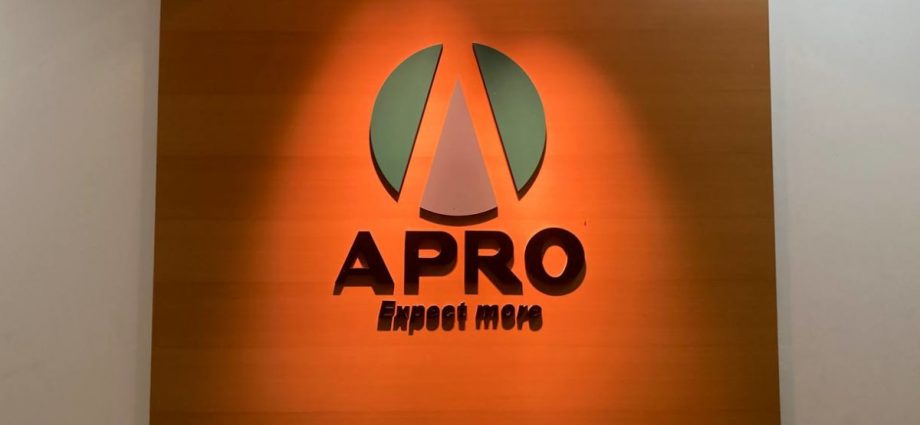
APRO offered these officers new contracts with a reduction in rank, while adjusting most of their salaries higher, to “more than just comply” with the PWM increases, said Mr Li.
“The reason why we chose this time to do it is because we wanted to mitigate any potential negative salary impact,” Mr Li said. The employees who were demoted would largely still receive a higher salary because the amount would be offset by the PWM increases.
Mr Li said APRO does have more senior ranked security officers than it needs, but refuted Mr Ng’s statement that it “no longer had the contracts to keep (the officers) at their current job ranks”.
Instead, he said the APRO’s talent management programme was mismanaged, which led to the company hiring for more senior roles than required. There was an “imbalance in the rank structure that we maintain versus the contracts we needed to fulfil”.
APRO noticed this in 2021 but did not take action immediately because “we felt compassionately that we did not want to negatively affect the ranks or earnings of our employees”. But it needed to take action to mitigate the effect of the salary increases to be compliant with the PWM.
Mr Li said USE informed APRO on Dec 8 that the new employment contracts amounted to forced demotions.
“I acknowledge that we failed to consider that our initial offer would be perceived by the employees as forced demotions,” he said.
“I failed to think about the importance of rank, the significance of rank for some of these employees,” said Mr Li.
He said the company “immediately and quite sincerely engaged with the union to try and identify a solution to the situation that was developing”.
In response to queries about whether forced demotion is common among security agencies, the Security Association Singapore said it encourages companies to vary employment terms by way of mutual agreement between them and their officers.
After discussions with USE, Mr Li said his company offered new contracts to affected workers, which included retention of their original rank, an increase in salary and an increase in working hours.
“This was a complete offer with all three components,” he said, adding that this is contrary to the NTUC statement. He referred to the part of Mr Ng’s Facebook post that appeared to separate retaining the officers’ ranks and PWM wages from increasing their working hours.
Mr Li also showed CNA an email in which a representative from USE said “we are supportive on your offer to the affected employees”.
Officers were given the option of accepting the contract with the lower rank or retaining their previous rank with an increase in working hours, and the majority chose the lower rank.
He said the statement from Mr Ng yesterday came “out of the blue” for APRO, because the company assumed that feedback and concerns had been addressed in the new contract.
The statement “severely mischaracterises the events and the involvement of USE through the whole process,” he said.
Mr Li said the company’s last communication with USE was about conducting briefings with the affected officers to make sure they do not feel targeted by APRO.
CNA has reached out to NTUC, of which USE is an affiliate.

